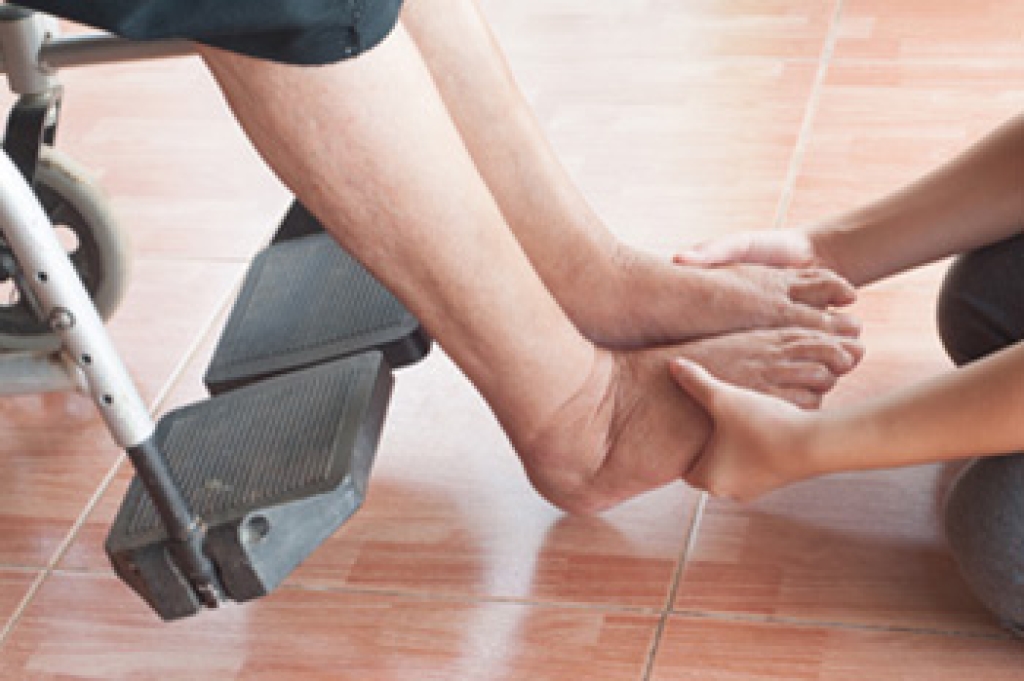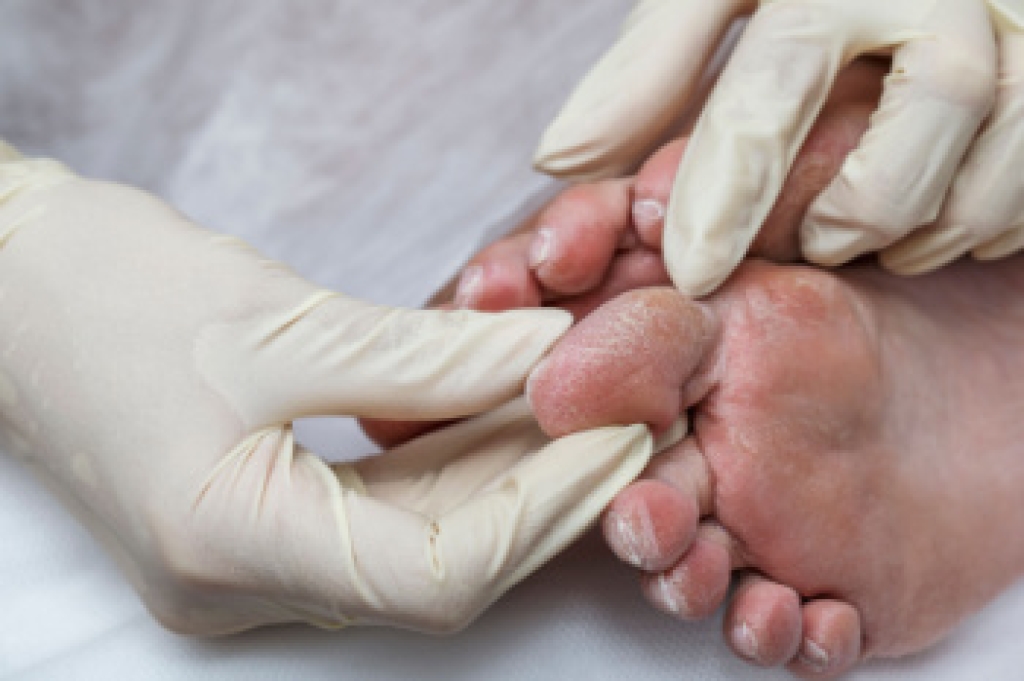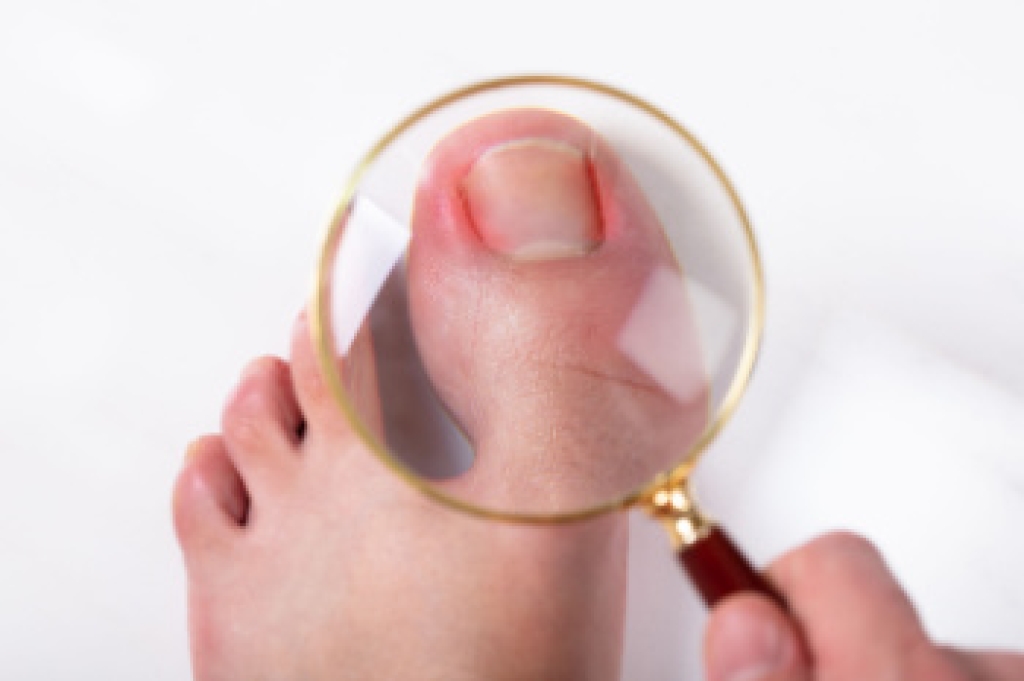
Rheumatoid arthritis, or RA, in the feet is an autoimmune condition where the immune system attacks joint tissues, causing inflammation, pain, and stiffness. Symptoms include swelling, tenderness, joint deformities, and difficulty walking. Causes are linked to immune system dysfunction, while risk factors include genetics and smoking. Over time, RA can damage cartilage and bone, leading to loss of mobility and chronic discomfort. A podiatrist can help by managing symptoms with custom orthotics, supportive footwear, and joint protection strategies. They can also provide advice on exercises to maintain flexibility. If foot pain or stiffness from RA is affecting daily life, it is suggested that you speak with a podiatrist who can guide you toward effective relief and management tips.
Because RA affects more than just your joints, including the joints in your feet and ankles, it is important to seek early diagnosis from your podiatrist if you feel like the pain in your feet might be caused by RA. For more information, contact Jason Bell, DPM of Advantage Foot and Ankle Center . Our doctor will assist you with all of your podiatric concerns.
What Is Rheumatoid Arthritis?
Rheumatoid Arthritis (RA) is an autoimmune disorder in which the body’s own immune system attacks the membranes surrounding the joints. Inflammation of the lining and eventually the destruction of the joint’s cartilage and bone occur, causing severe pain and immobility.
Rheumatoid Arthritis of the Feet
Although RA usually attacks multiple bones and joints throughout the entire body, almost 90 percent of cases result in pain in the foot or ankle area.
Symptoms
- Swelling and pain in the feet
- Stiffness in the feet
- Pain on the ball or sole of feet
- Joint shift and deformation
Diagnosis
Quick diagnosis of RA in the feet is important so that the podiatrist can treat the area effectively. Your doctor will ask you about your medical history, occupation, and lifestyle to determine the origin of the condition. Rheumatoid Factor tests help to determine if someone is affected by the disease.
If you have any questions, please feel free to contact our office located in Newark, DE . We offer the newest diagnostic and treatment technologies for all your foot care needs.




